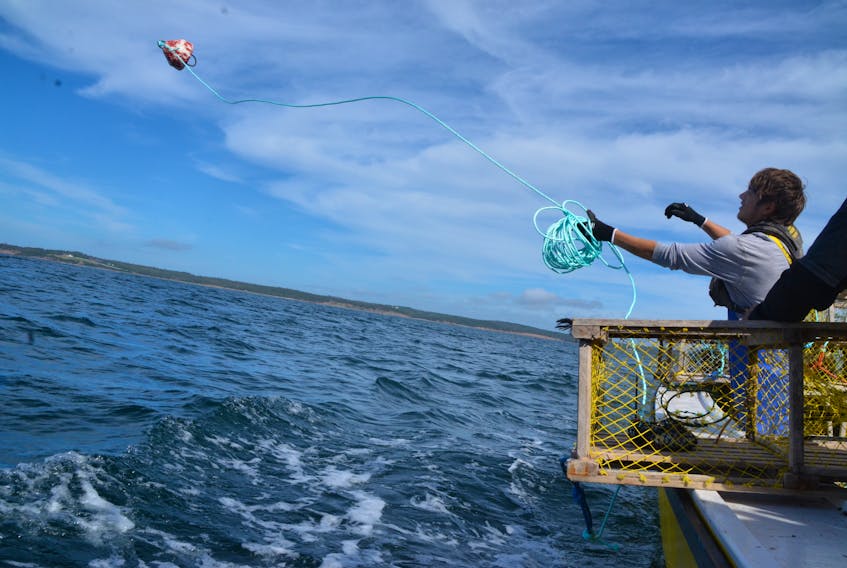On Thursday, federal Fisheries Minister Bernadette Jordan will announce that any future moderate livelihood fishery has to take place within the existing commercial season.
As well, the fishery will be conducted under licences issued by her department.
A voluntary license buyout of commercial fishing licences will be used to create room for the new moderate livelihood licences.
First Nations and commercial fishermen’s associations received letters on Tuesday night to inform them of the coming announcement of a regulatory framework for the moderate livelihood fishery.
The move to create a regulatory framework would be a departure from 21 years of ad hoc agreements by successive governments since the Supreme Court of Canada’s 1999 Marshall Decision acknowledged the right to Mi’kmaq and Maliseet to make a moderate livelihood from the fishery.
Both R vs. Marshall and the subsequent clarification known as Marshall II directed the fisheries minister to draft and consult on a regulatory framework to accommodate the right.
“The Court did not hold that the Mi’kmaq treaty right cannot be regulated or that the Mi’kmaq are guaranteed an open season in the fisheries,” reads Marshall II.
“… The Court was thus most explicit in confirming the regulatory authority of the federal and provincial governments within their respective legislative fields to regulate the exercise of the treaty right subject to the constitutional requirement that restraints on the exercise of the treaty right have to be justified on the basis of conservation or other compelling and substantial public objectives.”
The court also stated that because regulations are an infringement upon the right, the government must consult with First Nations on them.
Sipekne’katik First Nation operations director Rhonda Knockwood said they weren’t consulted on the new regulations. And that her First Nation rejects the federal government’s authority to manage their fishery.
“They’re obviously using that one line (in the Marshall decision) that they can enforce regulations upon us for conservation or other means,” said Knockwood.
“They still trying to limit us and put us in a box within the Marshall decision. Even though it was a win for a Mi’kmaw communities, the decision was still limiting the treaty right to fish. Our stance is still that we have a treaty right to fish and we’re working on implementation.”
She said Sipekne’aktik intended to relaunch its moderate livelihood fishery this coming spring in St. Mary’s Bay, outside of the commercial season that runs through the winter months.









